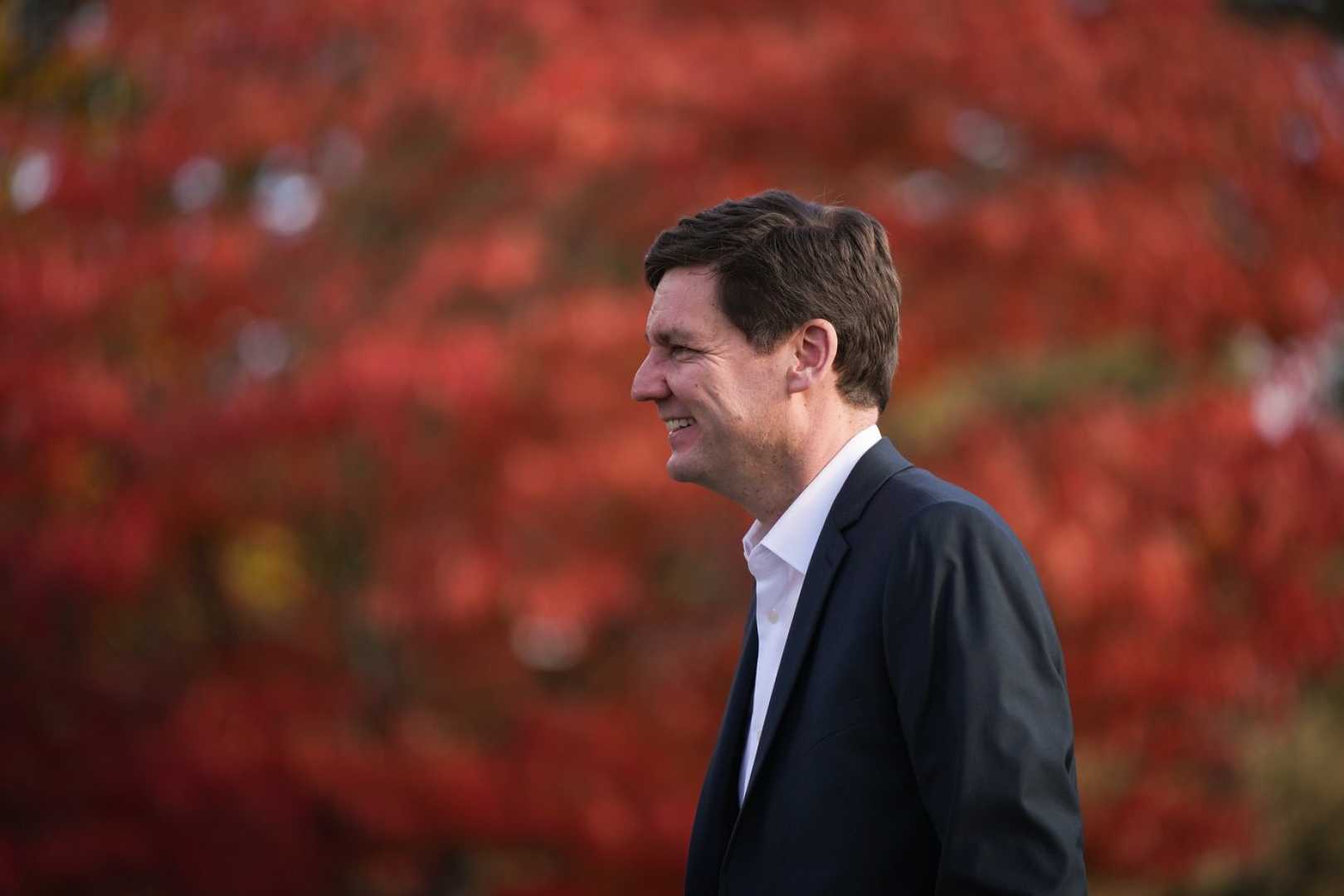News
British Columbia Sets Record for Advance Voting Ahead of Provincial Election

A record number of British Columbians have participated in advance voting ahead of the provincial election scheduled for Saturday, according to Elections British Columbia. The electoral body reported that over one million individuals have cast their ballots, accounting for more than 28% of all registered voters in the province. This surge positions British Columbia for a potentially high overall voter turnout.
The last day of advance voting, which was Wednesday, witnessed approximately 223,000 voters casting their ballots, setting a new single-day record by exceeding the previous day’s numbers by more than 40,000 votes. The earlier record for advance voting was established during the 2020 election held amidst the COVID-19 pandemic, where approximately 670,000 voters participated early, representing about 19% of registered voters at that time.
Several electoral districts have already reported advance voter turnout exceeding 35%. Notably, the Vancouver-Point Grey constituency, represented by B.C. NDP Leader David Eby, recorded a turnout of 36.5%. Meanwhile, high advance voting was reported in Vancouver Island ridings, such as Oak Bay-Gordon Head with 39% and Victoria-Beacon Hill with 37.2%, where B.C. Green Party Leader Sonia Furstenau is running. B.C. Conservative Leader John Rustad‘s riding of Nechako Lakes reported a turnout of 30.5%.
David Eby commented on the turnout, emphasizing the election’s significance for the province’s future. “[The turnout] reflects what I believe, which is this election is critically important for the future of our province,” Eby stated during a press conference in Vancouver. However, the B.C. Conservative Leader, John Rustad, did not make any public statements on Thursday. Green Party campaign chair Adam Olsen pointed out that the advance voting engagement might indicate increased voter interest compared to the earlier weeks of the election cycle.
Election expert Stewart Prest, a political science lecturer at the University of British Columbia, noted the possibility of renewed voter enthusiasm but cautioned against drawing conclusions prematurely. “As a political scientist, I think it would be a good thing to see, but I’m not ready to conclude that’s what we are seeing just yet,” stated Prest, highlighting factors such as voter convenience and political dynamics.
Election B.C. spokesperson Andrew Watson mentioned that voters view advance voting as a convenient alternative, ensuring they can vote even if personal circumstances arise on election day. While advance voting numbers have surged, fewer voters are opting for mail-in ballots compared to the 2020 election, when nearly 600,000 mail-in votes were counted. This year, requests for postal voting stand closer to 100,000.
Weather conditions may also impact voter turnout on election day, as regions along the South Coast are expected to experience rain from an incoming atmospheric river weather system.












